Dire straits in Gaza
UN agencies continue to sound the alarm over the desperate humanitarian situation in Gaza as the Israeli war on the besieged coastal territory rages on.
The head of the UN Agency for Palestinian refugees warned that the people of Gaza are running out of time and options.
Philippe Lazzarini warned that Gaza is very far from an adequate humanitarian response.
The people of Gaza are running out of time and options, as they face bombardment, deprivation, and disease, in an ever, ever, shrinking space.
Philippe Lazzarini, UNRWA Commissioner General
He described the situation in Gaza as Hell on Earth adding that people in the Palestinian territory are facing the darkest chapter of his history since 1948.
He described seeing people halting an aid truck and, in desperation, swallowing down the food found inside where they stood in the street.
He further noted that the people of Gaza are now crammed into less than 1/3 of the original territory near the Egyptian border and the dire situation might spark an exodus.
The city of Rafah on the Egyptian border the only crossing where aid is entering Gaza has seen its population explode from 280,000 to more than a million.
Rafah is the epicenter of the displacement of the Gazans, there is over 1 million people who have fled in this governorate and most of them, as we know, have been moved more than once since the beginning of the war.
Rafah has quadrupled its number of people overnight and specially when the offensive has started.
Philippe Lazzarini, UNRWA Commissioner General
UN officials have warned that any such Exodus would be extremely destabilizing for Egypt, for the Sinai region, and it would make a problematic Palestinian problem more difficult.
It is now widely believed that Israel is deliberately targeting residential areas and the critical infrastructure in Gaza in order to make the territory unlivable for its residents.
Israel has already pushed the US and its other Western allies to persuade Egypt to accept Palestinian people in the Sinai Peninsula.
It seems very difficult to study if there was a population movements outside Gaza. I think that can only mean Egypt. It would be extremely destabilizing for Egypt, for the Sinai region, and that would make a solution to the Palestinian problem even more difficult.
Filippo Grandi, UN High Commissioner for Refugees
The health care system is collapsing. Expect public order to completely break down soon.
And an even worse situation could unfold, including epidemic diseases and increased pressure for mass displacement into Egypt.
I say that we are facing a severe risk of collapse of the humanitarian system.
Antonio Guterres, UN Secretary General
UNRWA and many other aid organizations have already issued serious warnings about the dire conditions in Gaza. The UN humanitarian office also said that Gaza faces a public health disaster due to the collapse of its health system and the spread of disease.
Doctors in Gaza are warning about the spread of diseases, especially among children due to overcrowding and the unhygienic non-sanitary conditions of makeshift camps, as well as the lack of medicine and clean water.
The lack of food, clean water and shelter have worn down hundreds of thousands of traumatized people, and with the health system on its knees, it is inevitable epidemics will rip through the territory.
We all know that the healthcare system has collapsed. We've got a textbook formula for epidemics and a public health disaster. This is in part of course because the shelters have long ago exceeded their full capacity, with people lining up for hours just to get to a toilet.
Lynn Hastings, UN Humanitarian Coordinator for Palestinian Territory
According to data compiled by the World Health Organization, from November 29 to December 10, cases of diarrhea in children under the age of five jump 66% and climbed 55% for the rest of the population in the same period.
The UN agency said the numbers were inevitably incomplete due to the meltdown of all systems and services in Gaza because of the war.
Doctors at the pediatrics ward of the Nasir Hospital in Khan Yunis in southern Gaza have told reporters that the ward has become overrun with children suffering extreme dehydration, causing kidney failure in some cases, while severe diarrhea was four times higher than normal.
The conditions of the war have led to the spreading of a lot of epidemics and sicknesses.
The first epidemic has been one of acute gastroenteritis, which we have more frequent cases of in the children's ward.
There are a number of patients come with cases of extreme dehydration, some of which can get to the point of kidney failure or weakening kidney function. Things are very bad.
Dr Ahmed AlFarra, Head of Pediatrics at Nasser Hospital
I have four children with gastrointestinal diseases and flu, my youngest son has a cold, but we don't have any medicine.
I have never felt as helpless and miserable in my life as I do now.
Displaced Palestinian 01
Since the truce between Israel and Hamas collapsed on December 1st, hundreds of thousands of people have moved to makeshift shelters, abandoned buildings, schools and tents.
Many others are sleeping in the open with little access to toilets or water.
Children sleep in the tent while some adults have no choice but to sleep on the streets.
There's no food no water. The children lack milk and diapers.
The situation is dire with no sanitary conditions or toilets.
Displaced Palestinian 02
The 2.3 million people of Gaza now find themselves in a daily struggle to find enough clean water to survive.
Residents are forced to use sea water despite health risks.

Indirect Iran-US talks proceed on 'constructive' note

Indirect Iran-US meetings
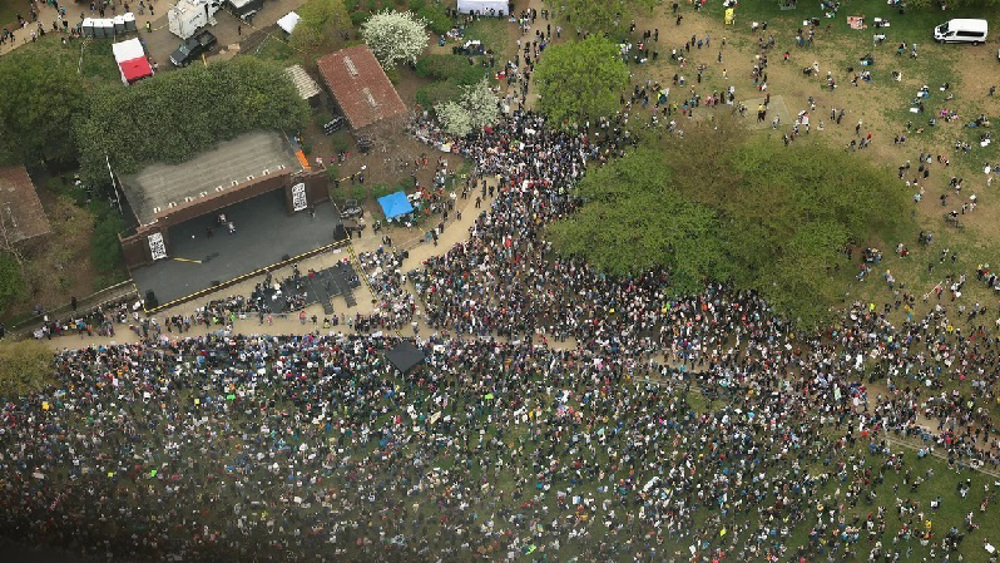
Trump induces socio-economic turmoil in Washington
Over 90,000 displaced Palestinians sheltering in 115 UN-run facilities across Gaza: UNRWA
VIDEO | Press TV's news headlines
Iran expects major drop in domestic wheat yields
VIDEO | Protesters in Seoul slam Gaza genocide, US crackdown on pro-Palestine students
Uranium enrichment is Iran’s ‘red line’ in talks with US, says deputy foreign minister
VIDEO | Thousands rally in Islamabad in solidarity with Gaza
Father of Israeli captive says Netanyahu prolonging Gaza war for political survival
VIDEO | Funeral held for dozens of victims of recent US attack on Hudaydah’s Ras Isa port



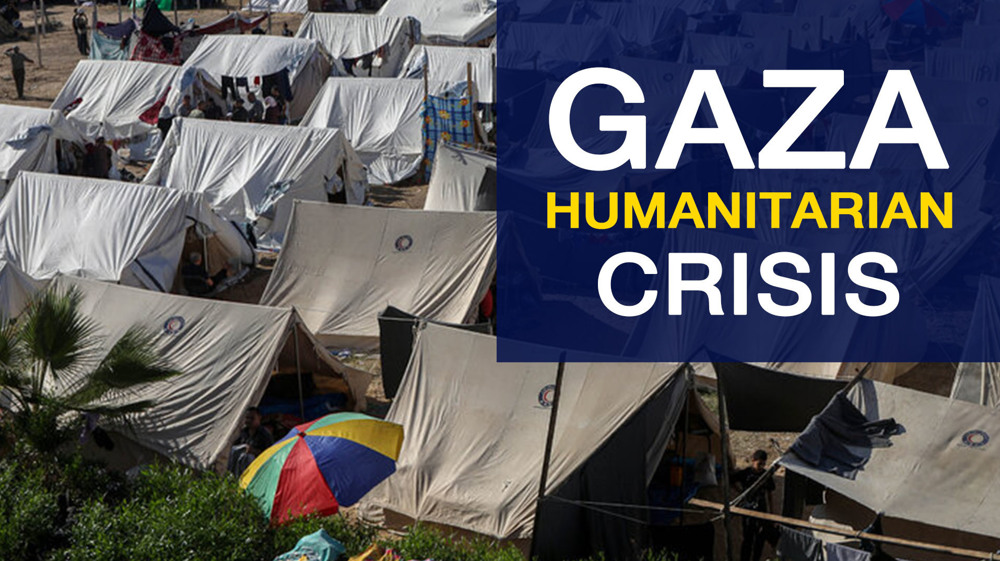
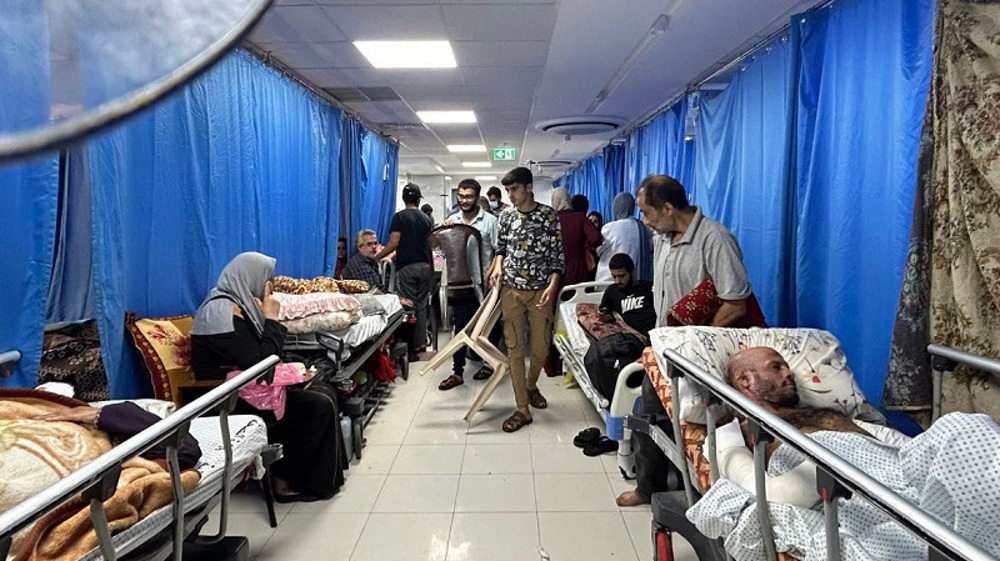
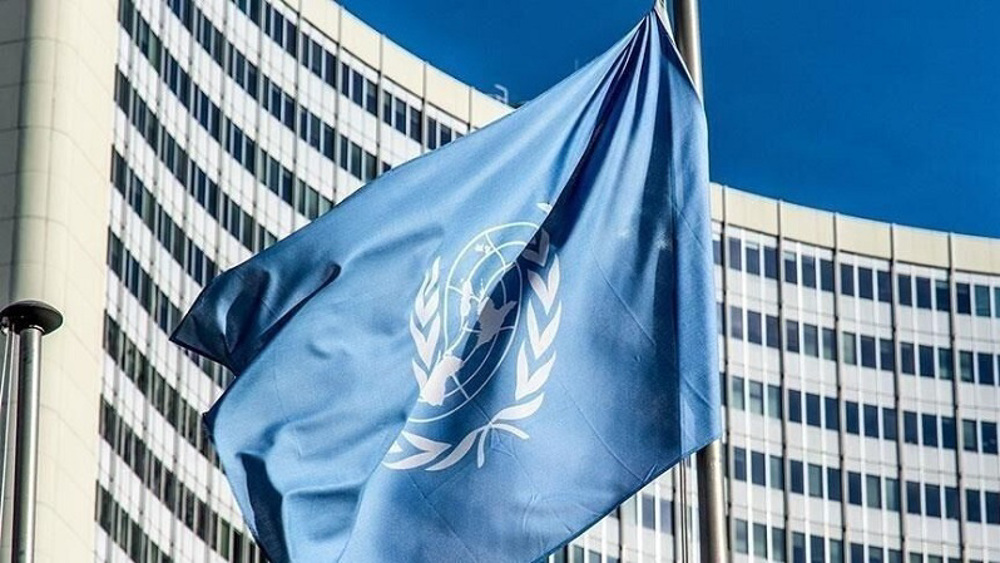
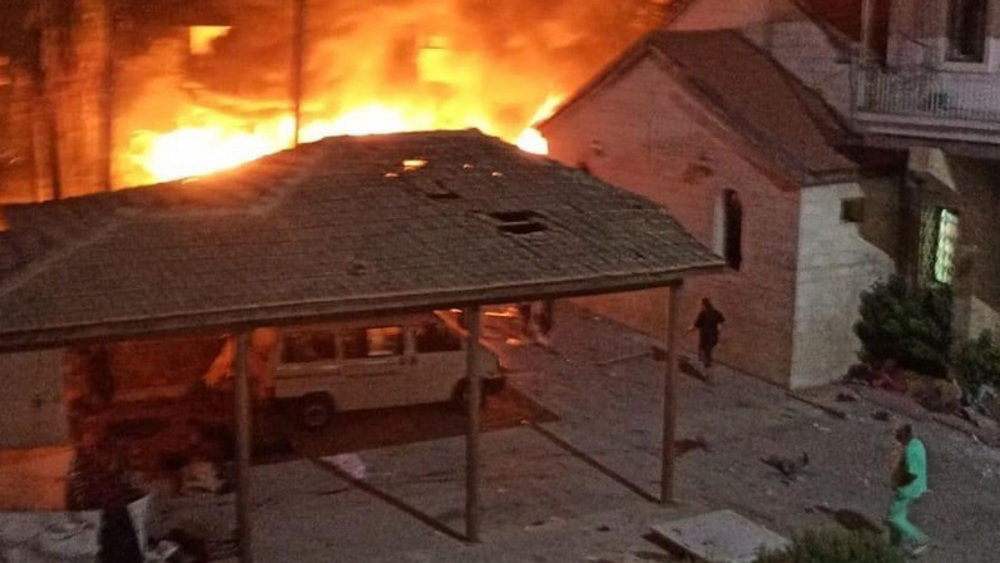
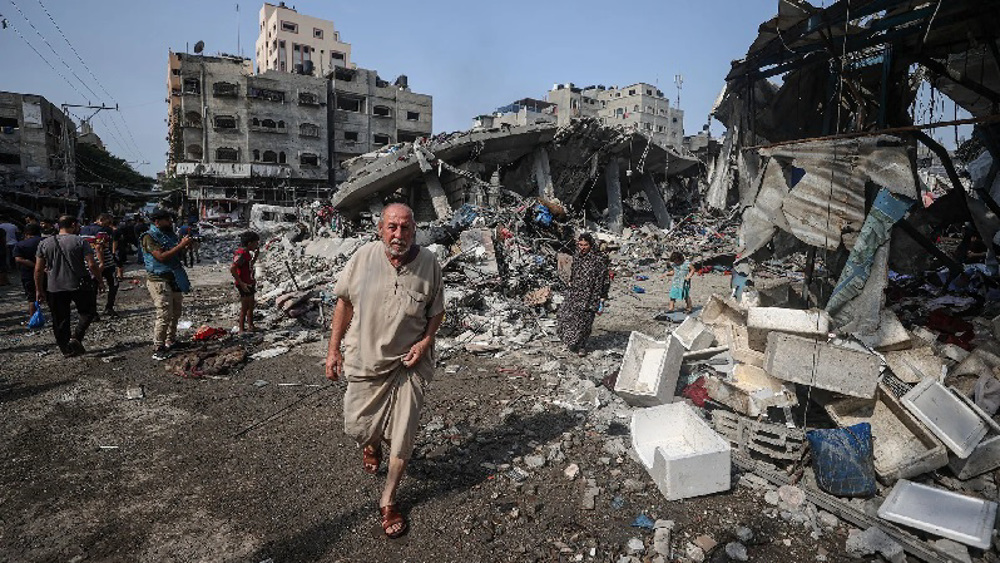
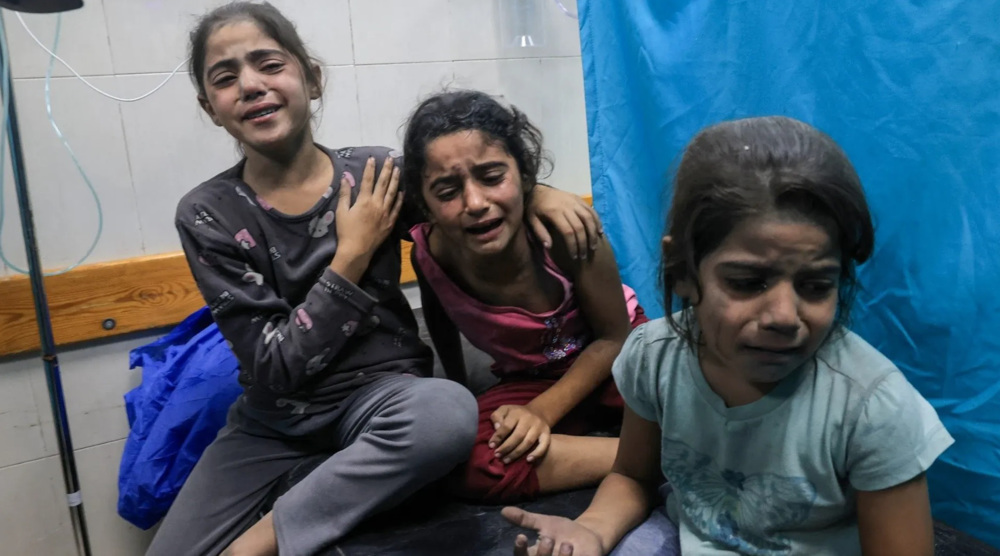



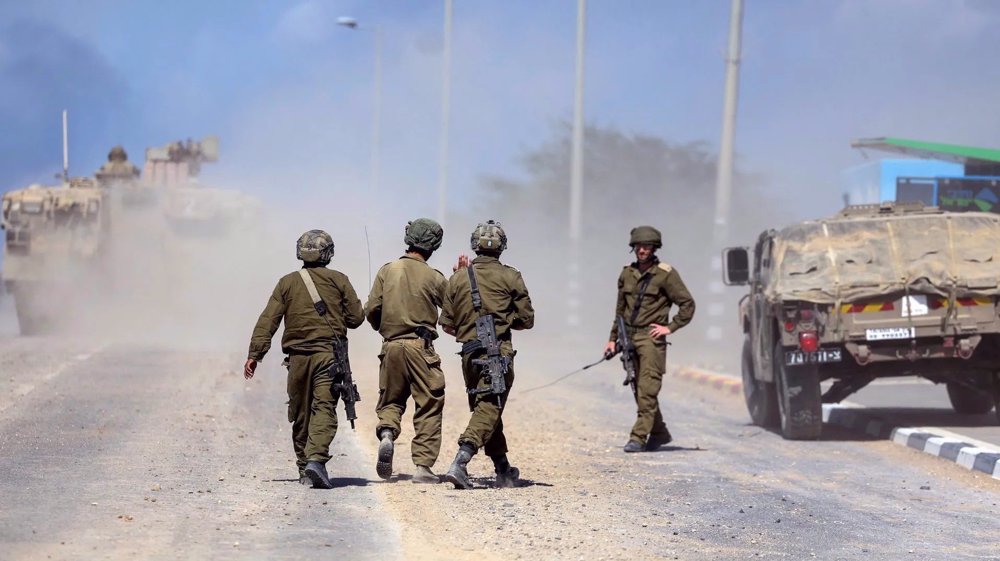

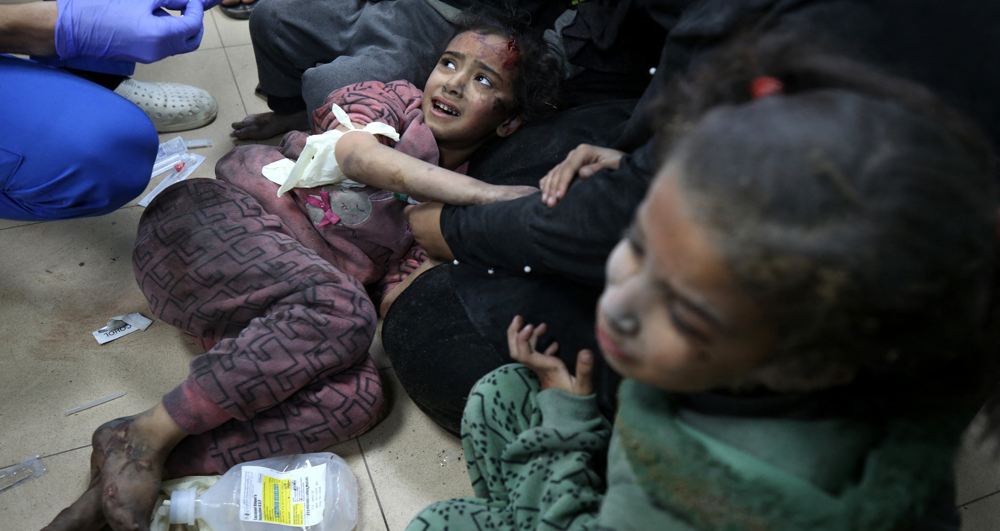
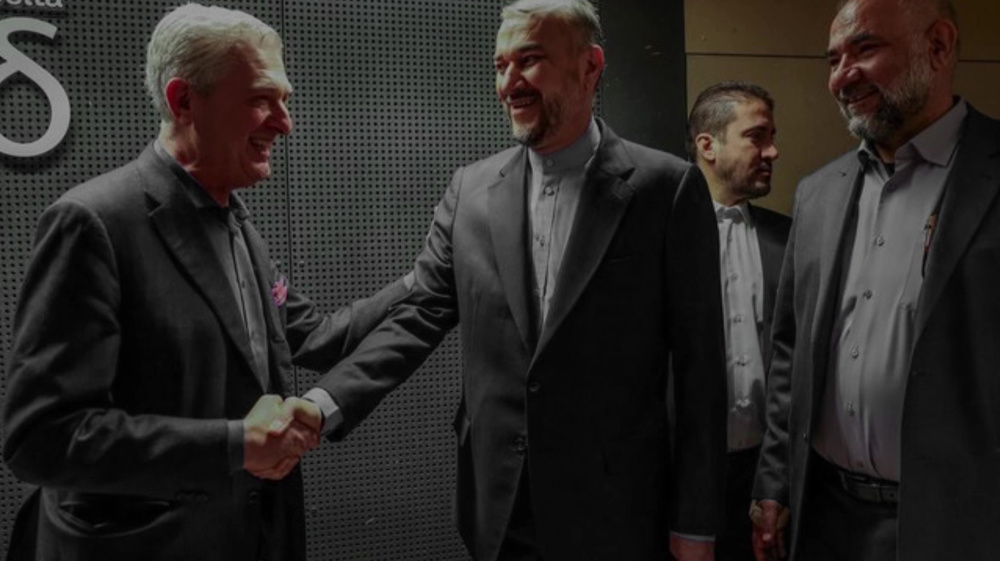
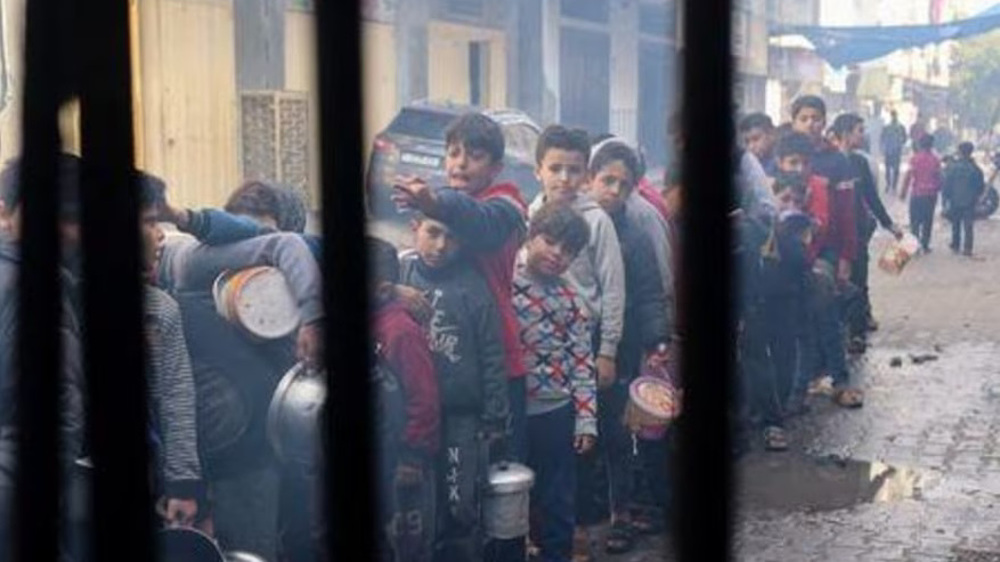
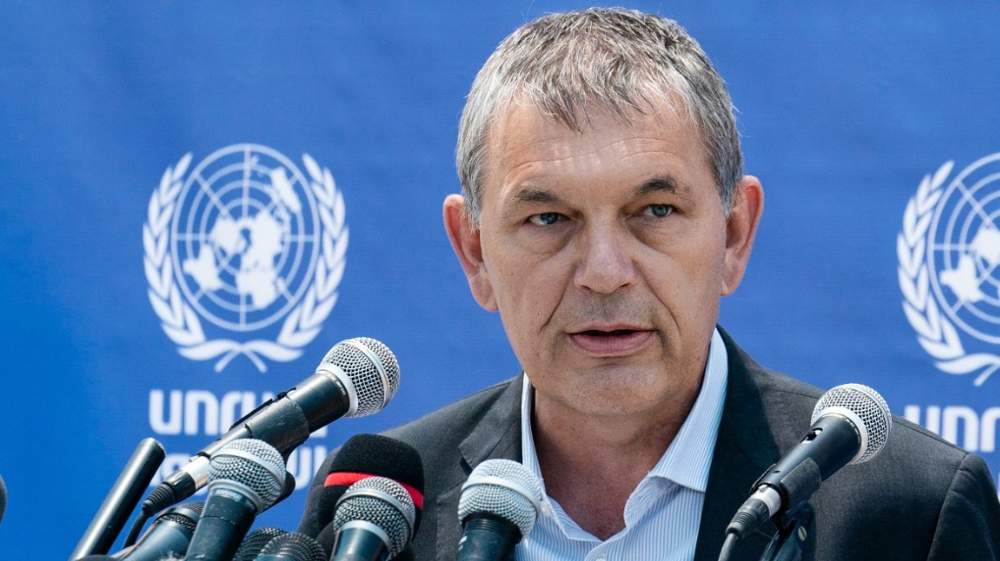
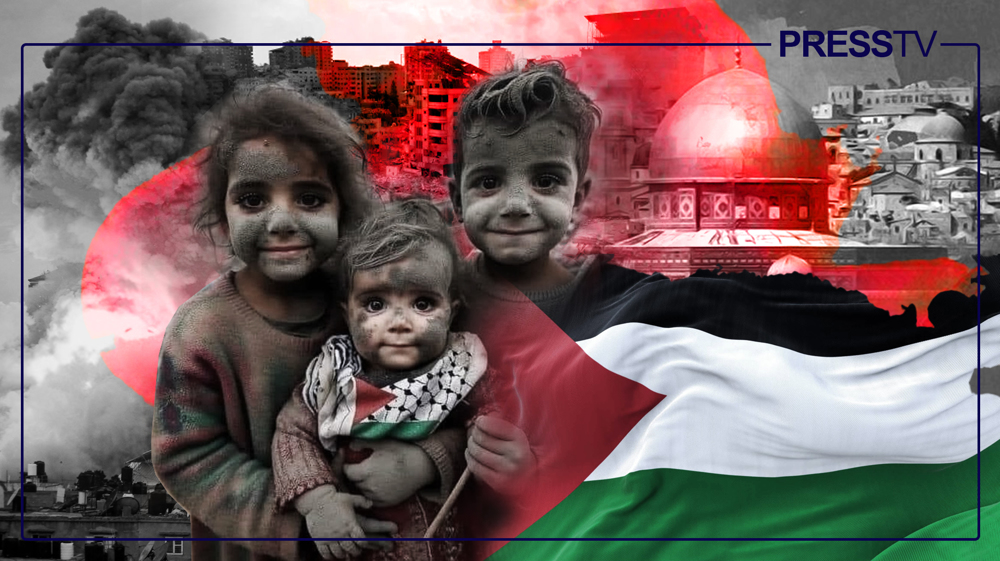
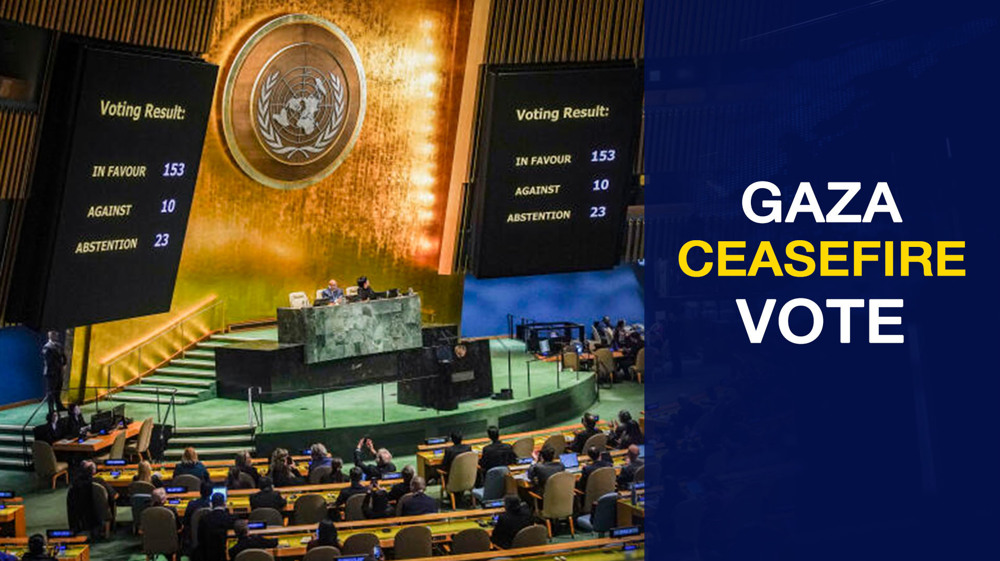

 This makes it easy to access the Press TV website
This makes it easy to access the Press TV website